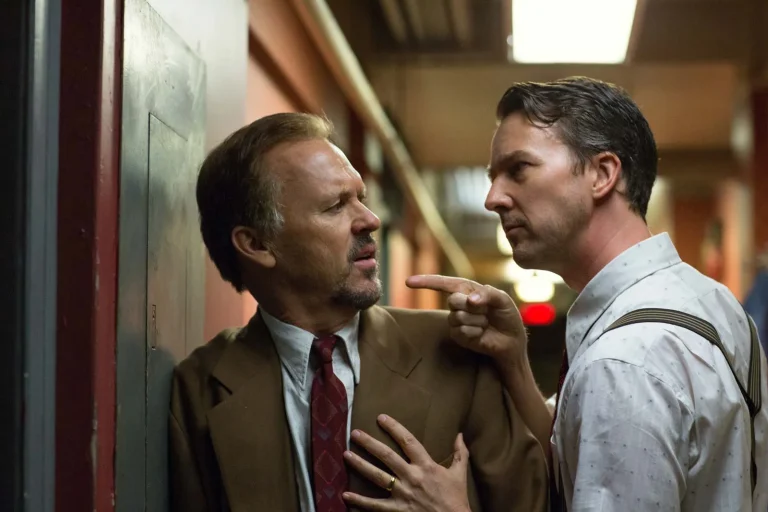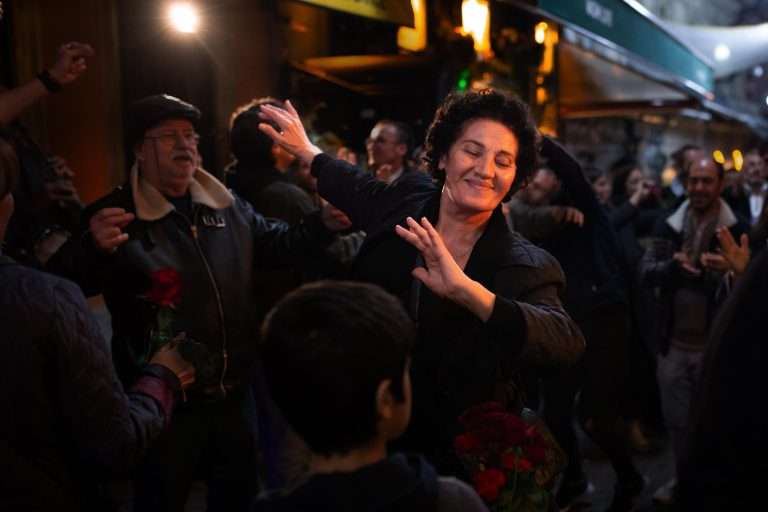Welsh director Prano Bailey-Bond’s debut feature is steeped in 1980’s England. From the clothes to the random radio chatter of Margret Thatcher’s politically charged transformation of the nation, the film is instantly deemed with a sense of place. Cut to Enid (Niamh Algar) a dedicated censor who works for the national censorship board in the midst of a sudden surge in exploitative films widely known as ‘video-nasties,’ and you have a juicy premise at helm.
Enid is known for doing her job well. She is one of those people who have a strict ‘no’ for the bloody excess in midnight cinema. Her job is to cut out the parts in these films that depict nudity, violence, and other dark elements as an extension of life in a derogatory and glorifying fashion. Apart from this formal introduction, we also understand that she is a lonely one. When her co-workers make up a sorry excuse to leave for home early – leaving their work to Enid’s hands, she willfully accepts. This also clues us into the fact that the work front requires a certain probability from women employees that Enid probably doesn’t fulfill.
Related to Censor – Berlin Film Festival 2021: Unveils Competition Lineup and Encounters Full List (Updated)
The following sequences show us that she lives with her parents in spite of being in her mid-30s. There are clear signs of loss on the family front. We later get to know that her sister’s disappearance has left a sense of pause in her personal life. The unresolved trauma and inability to really forget and forgive herself has also blurred the truth in her own eyes. When a certificate of absenteeism for her sister comes home, something truly dark triggers within her.
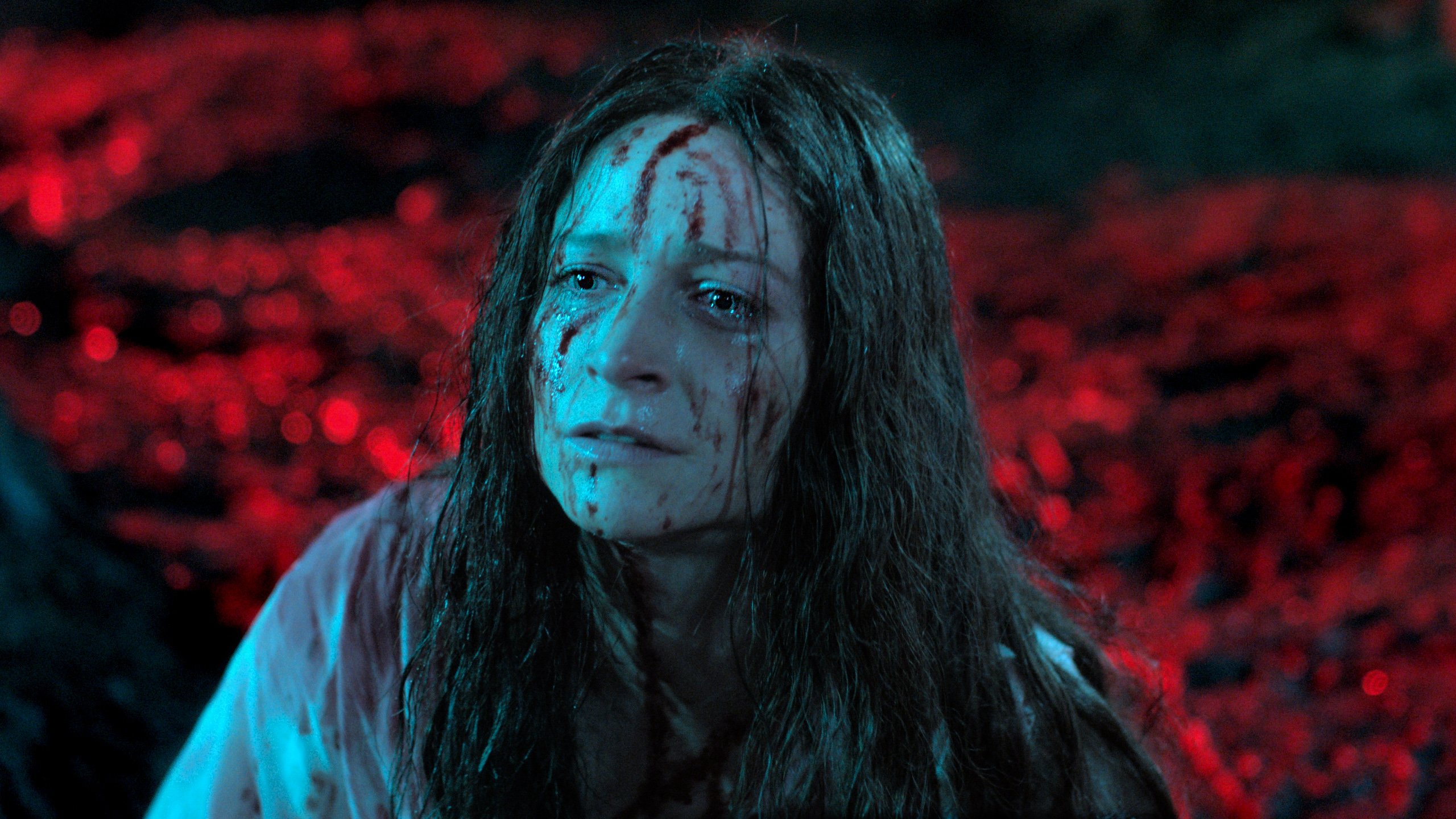
That is until she stumbles onto a new film that further blurs things for her. Her reality and that of the film intermingle when she finds out that this film she is supposed to censor for work, is somehow an extension of what happened to her sister. Enid’s life thus turns into a waking nightmare as she tries to find a sense of resolve in the weight of guilt she carries in her heart.
Coming to the film itself, Prano Bailey-Bond has painstakingly re-created an era where film censorship really took an interesting turn. With the rise of VHS in the 80s, direct-to-home video became a norm that was exploited by a lot of new filmmakers. However, Bond also explores that the censor body was put into place within the Thatcher regime because pointing to the rise of crime and unemployment due to poverty would only put them in a backseat. Thus, the crime was inversely depicted to have been caused due to cinema – the easier scapegoat for those in charge.
Sadly, this politically charged angle isn’t explored in its entirety. It just serves as a backdrop instead of giving the narrative a much-need boost. Bond’s make focus remains on the depiction of Enid’s trauma. The wobbly human condition often erases parts of truth in order to secure a solid position for oneself in the real-world. She puts Enid’s survival and her vigor to move on to test here.
Also, Read – El Planeta [2021]: ‘Sundance’ Review – Spanish hangout comedy is a stoic look at the perils of a gig economy
Thus, the horror here is extremely meta. Also, bond’s depiction of violence follows the over-the-top aesthetics of the Giallo horror era. The obsessive use of red is a salient throwback to Argento’s Suspiria, but the self-serious tone and the intentional choice of creating an ambiguous atmosphere puts the film in a sort of repetitive mode. The thematic importance of the film also remains rather elusive, in spite of a sensitive approach to the subject matter.
Thankfully, Niamh Algar is in crackling form here. She absolves the film of most of its flaws with a measured, understated performance of a working woman in an era that was on a freefall for almost everyone. In some ways, she manages to give Bond’s film a feminist edge, where the narrative deceptively also uncovers the truth of being a strong front in a man’s world. Also, the cinematography is gorgeous. There are some really trippy shots toward the end of the film that are best witnessed on the go.
“Censor,” though unclear and uneven in its depiction of a woman trying to make sense of her own life, remains a well-made film that virtually pays homage to the VHS era. I just wish it used its meta-structure to uncover more truth than it did.
★★½
‘CENSOR’ PREMIERED AT THE 2021 BERLINALE
CLICK HERE FOR OUR COMPLETE SUNDANCE COVERAGE
DIRECTOR: Prano Bailey-Bond
SCREENWRITER(s): Prano Bailey-Bond, Anthony Fletcher
EDITOR(S): Mark Towns
DOP: Annika Summerson
MUSIC: Emilie Levienaise-Farrouch
COUNTRY: UNITED KINGDOM
LANGUAGE: English
RUNTIME: 84 MINUTES
LINKS: IMDB, ROTTEN TOMATOES



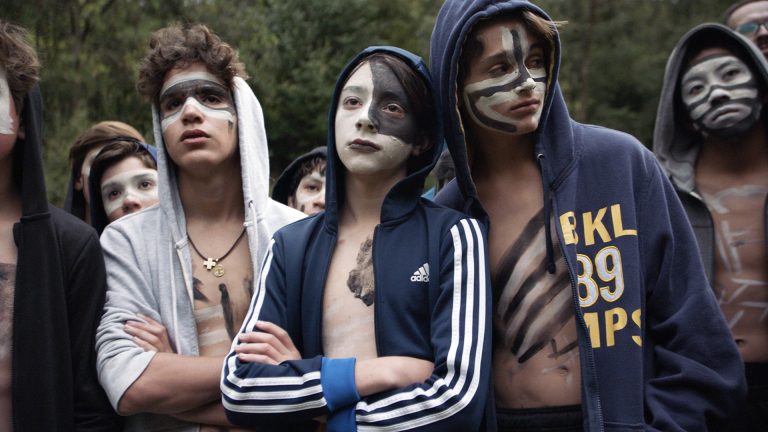
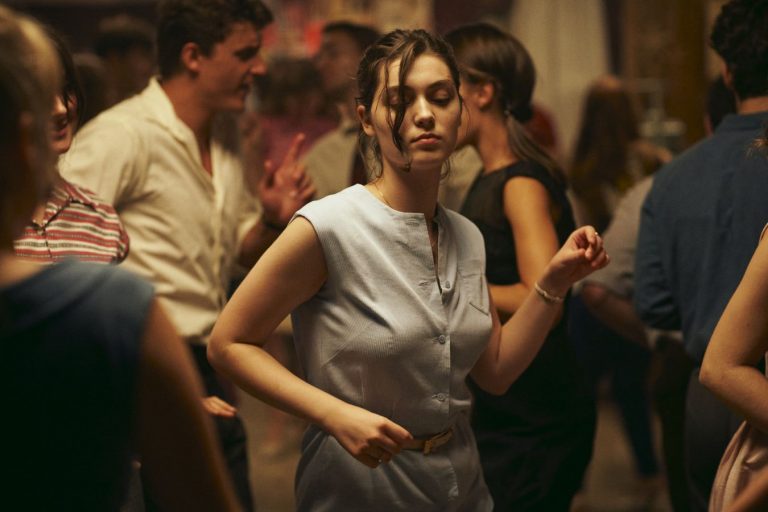
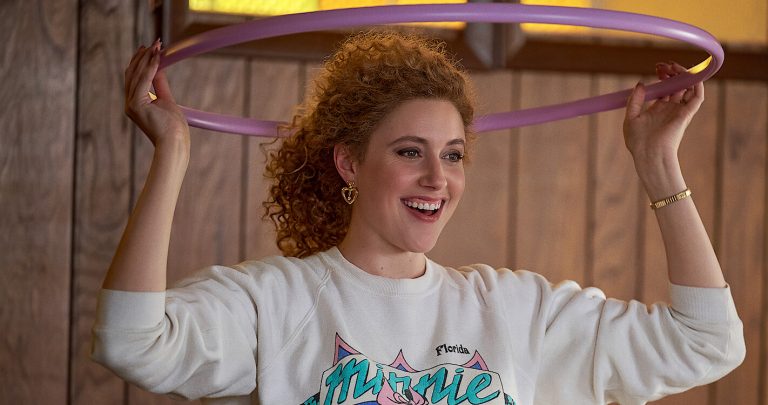
![Forty Winks [2022] Review – A visually distinctive but inert debut feature that has nothing to say](https://79468c92.delivery.rocketcdn.me/wp-content/uploads/2022/09/Forty-Winks-2022-Movie-Review-768x429.jpg)
